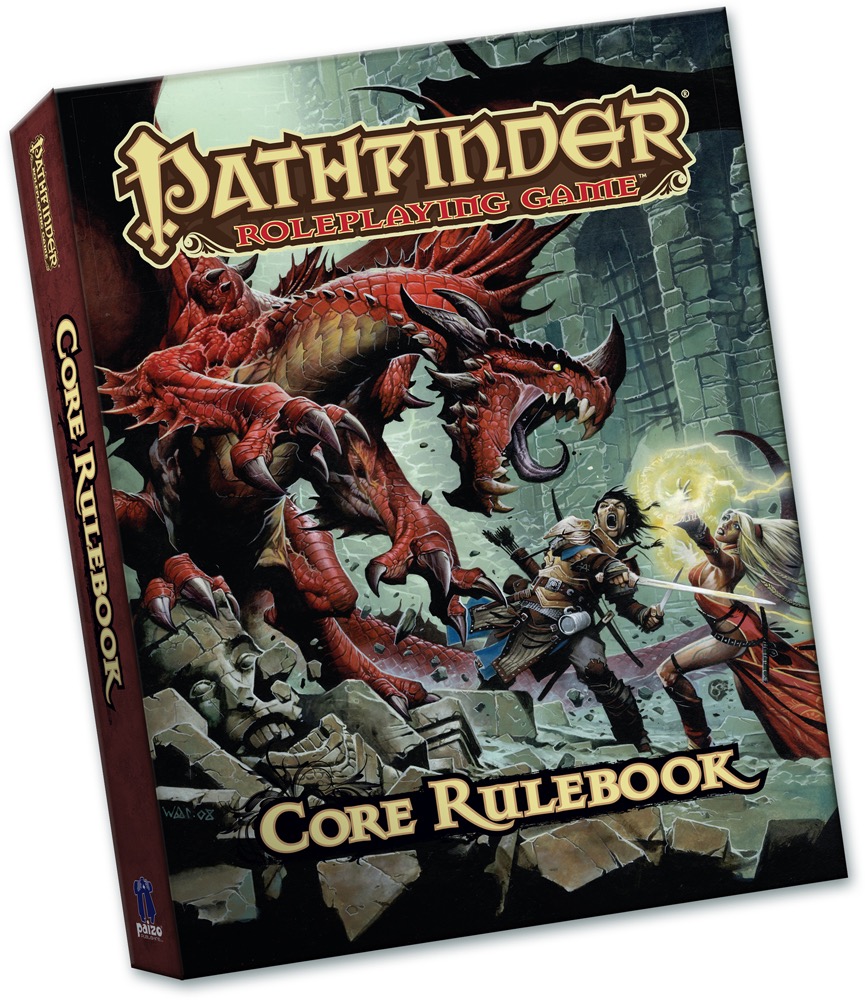The problem is that it’s important to try to learn the rules, even if you can’t remember them all.
It’s important because when a player doesn’t know the rules, they need to ask someone else to do it for them.
They are, in effect, adding extra work for other players or the game master to guide them through character generation / levelling up their character or get someone else to do it for them. They are requiring other players or the game master to remind them about the things they can do which means that player or game master are also partially controlling two character sheets. Sure, you decide whether you do the thing or not, but you’re not really getting to choose from all of your options — only those options that appeal to others or are so quintessentially your character.
And typically only when their own characters can’t already do the thing — not out of selfishness, but because they’re too immersed in their own character to spend time thinking about what you can do at the time.
After all, if you don’t know if the game allows you to charge another character for massive damage, you won’t think to do it. If you keep forgetting you can hack, others might not think to point out all of the terminals you can use until they get stuck halfway through a mission. You might need to ask people to retro events (if it’s allowed at your table), when it turns out your character has an ability that they would have logically used and which would have changed everything if you’d thought to use it.
If you don’t know the basics of the settings, you’ll also damage immersion when you try to get items that don’t exist, keep needing others to explain basic terminology your character should know and make decisions that are clearly bad ideas in the game world to anyone who has read about it. If reading is illegal, it’s not a good idea to mention your favourite books to the Grand Inquisitor.
And this is a problem.
Now if you are a new player who is learning the ropes or have a disability which prevents you from remembering the setting and/or rules, than you don’t need to worry about all of this because you are doing as best you can. No one can fault you for not being able to do a thing, either due to a lack of prior experience or a disability. Read or listen to what you can and learn what you can. Everyone has different limitations and it’s important to respect this. No one expects mastery in a day.
The problem arises when players consistently turn to game masters and players to remember things that they could remember. When they believe it’s too hard or annoying so refuse to pick up the books at all. No one expects any player (or game master, for that matter) to know everything about the game but it is important, crucially important, to have a decent idea about what your character can do even if you don’t know the mechanics that underlie that rule. If you are playing a hacker, know that you can hack and which devices are hackable. If the mechanics are simple, but hard to remember, then jot them down on your character sheet where you can easily see them.
If you can’t build a character on your own, then fine, but pay attention as your guide builds it for you so you can make legitimate choices about what your character can do and so that you know what your choices will be during the game itself. If you need someone to level your character, again pay attention and learn what you’ve been given. Many players and game masters are happy to help with this section of the game most of all because it doesn’t take up mental resources during the game itself.
If you’re hanging around in Cheliax (Pathfinder setting), read enough to know that they don’t worship devils but feel they have bested them in a series of deals. Read enough to know that they abhor demons and the gods of chaos. Read enough to know about the complex legal system and their connections to Nidal. Hell, know enough to know what the words Nidal, Taldor and Varisia mean and their relationship to Cheliax. You don’t need to know a plethora of details but you should know the basics — even if you prefer Pathfinder wiki, podcasts, or audiobooks to the actual books.
And if you can’t remember some obscure rule, or some complex mechanic that rarely comes up, don’t worry about it. A lot of games reach a level of complexity that very few people can truly comprehend. It’s a collaborative game and everyone should help each other along where they can so that we can all stay involved. All that’s requested is that each player learns the basics so that they can remember the fundamental choices their character has before them.
What do you think? Have any advice on helping people remember the game rules and setting? Have any counterpoints?

Grateful for shaaring this
LikeLike